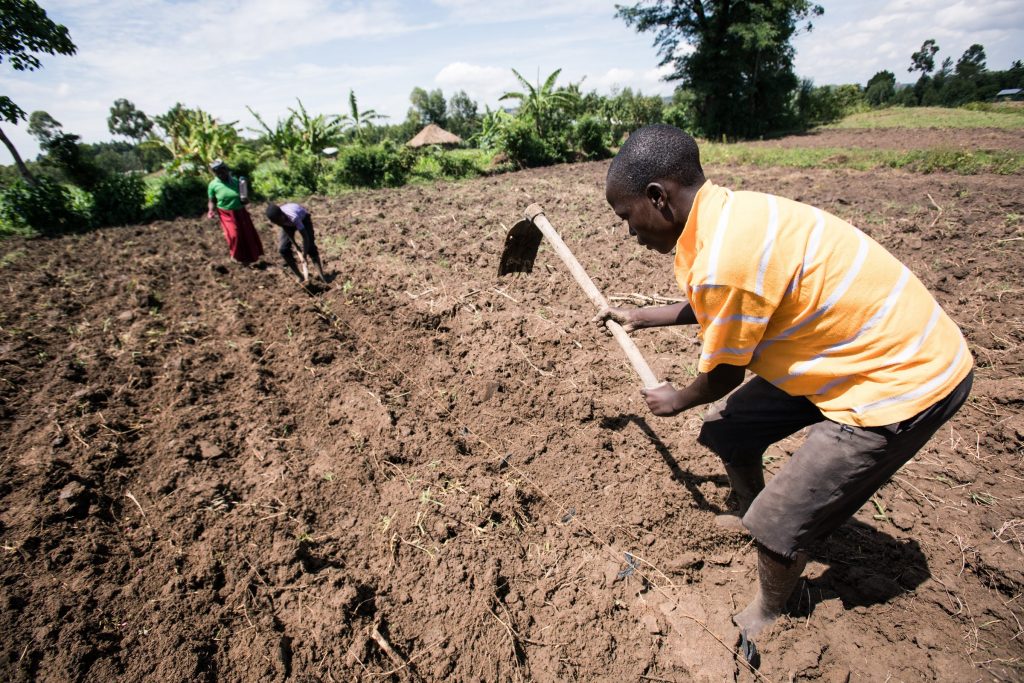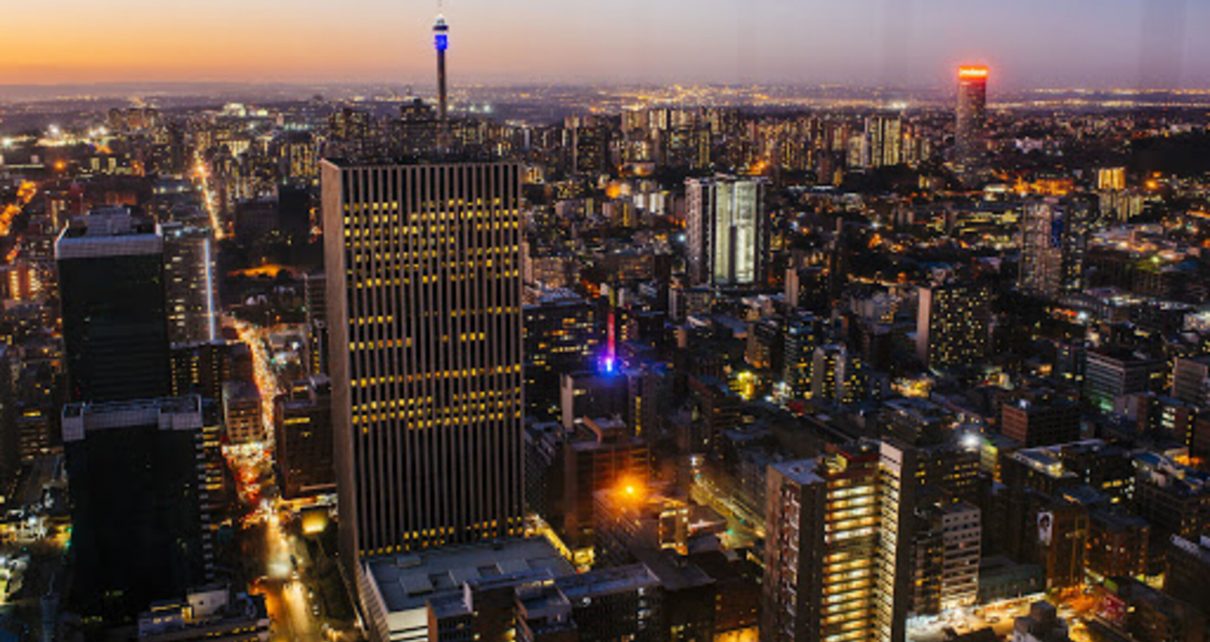The International Monetary Fund (IMF), says economic activity in sub-Saharan Africa is projected to recover by 3.1 per cent in 2021 after declining by 3.0 per cent in 2020.
Mr Abebe Selassie, the Director, IMF’s African Department said this at the launch of the “Regional Economic Outlook for Sub-Saharan Africa: A Difficult Road to Recovery’’ on Thursday in Washington D.C.

Selassie quoted the report as saying that the region as a whole was not expected to return to 2019 levels until 2022, adding that in some of the region’s largest economies such as Angola, Nigeria, South Africa, real Gross Domestic Product (GDP) would not return to pre-crisis levels until 2023 or 2024.
For Nigeria, he said that the economy would contract by –4.3 per cent in 2020 due to low oil prices, reduced production under the Organisation of Petroleum Exporting Countries and other major oil producers (OPEC+) agreement and declining domestic demand from the lockdown.
He said that growth was projected to recover to only 1.7 per cent in 2021, responding to firmer oil prices and increasing oil production.
In South Africa, he said growth would contract by – 8.0 per cent in 2020, driven mainly by the impact of containment measures.
“Output will recover modestly during 2021, growing by 3.0 per cent, and will maintain momentum thereafter as business confidence responds to growth-enhancing reforms.”
According to Selassie, it is the worst outlook on record, adding that the figure represents a drop in per capita income of 4.6 per cent over 2020 to 2021, which is larger than in other regions.
“Sub-Saharan Africa is contending with an unprecedented health and economic crisis. In just a few months, this crisis has jeopardized years of hard-won region’s development gains and upended the lives and livelihoods of millions.
“The onset of the pandemic was delayed in sub-Saharan Africa, and infection rates have been relatively low compared to other parts of the world.
“However, the resurgence of new cases in many advanced economies and the specter of repeated outbreaks across the region suggest that the pandemic will likely remain a very real concern for some time to come.”
Selassie said nonetheless amid high economic and social costs, African countries were now cautiously starting to reopen their economies and were looking for policies to restart growth.
He said that with the imposition of lockdowns, regional activity dropped sharply during the second quarter of 2020, but with a loosening of containment measures, higher commodity prices and easing financial conditions, there had been some tentative signs of a recovery in the second half of the year.
He said that tourism-dependent economies faced the largest impact, while commodity exporting countries had also been hit hard.
According to him, growth in more diversified economies will slow significantly, but in many cases will still be positive in 2020.
“Looking forward, regional growth is forecast at 3.1 per cent in 2021. This is a smaller expansion than expected in much of the rest of the world, partly reflecting sub-Saharan Africa’s relatively limited policy space within which to sustain a fiscal expansion.
“Key drivers of next year’s growth will include an improvement in exports and commodity prices as the world economy recovers along with a recovery in both private consumption and investment.
“The current outlook is subject to greater-than-usual uncertainty with regard to the persistence of the COVID-19 shock, the availability of external financial support, and the development of an effective, affordable, and trusted vaccine.”
Selassie, however, pointed to a number of policy priorities going forward.
He said that where the pandemic continued to linger, the priority remained to save lives and protect livelihoods.
He said that for countries where the pandemic was under greater control, limited resources would mean that policy makers aiming to rekindle their economies would face some difficult choices.
The director said that both fiscal and monetary policy would have to balance the need to boost the economy against the need for debt sustainability, external stability and longer-term credibility.
He said that financial regulations and supervisions would have to help crisis-affected banks and firms without compromising the financial system’s ability to support longer-term growth.
“These efforts must also be balanced against the need to maintain social stability while simultaneously preparing the ground for sustained and inclusive growth over the long term.
“Navigating such a complex policy challenge will not be easy and will require continued external support.
“Indeed, without significant assistance, many countries will struggle to simply maintain macroeconomic stability while meeting the basic needs of their population.”
He said that in this context, the IMF had moved swiftly and disbursed about 17 billion dollars so far in 2020, which was about 12 times more than it typically disbursed each year.
He said this was to help cover a significant portion of the region’s needs and to catalyse additional support from the international community.
Selassie, however said that looking ahead, sub-Saharan Africa faces significant financing gaps.
He said that if private financial inflows remained below their pre-crisis levels, sub-Saharan Africa could face a gap in the order of 290 billion dollars over 2020 to 2023.
“This is important as a higher financing gap could force countries to adopt a more abrupt fiscal adjustment, which in turn would result in a weaker recovery.
“Countries must also play their part; governance reforms will not only improve trust in the rule of law and improve business conditions but also encourage external support.
“Despite the lingering effects of the crisis, the potential of the region and the resourcefulness of its people remain intact, and tapping this potential will be vital if the region is to find its way back to a path of sustainable and inclusive development.”
Selassie said that in this context, the need for transformative reforms to promote resilience, lift medium-term growth and create the millions of jobs needed to absorb new entrants into labour markets was more urgent than ever.
He advocated for priority reforms in the areas of revenue mobilisation, digitalisation, trade integration, competition, transparency and governance, and climate-change mitigation. (NAN)


